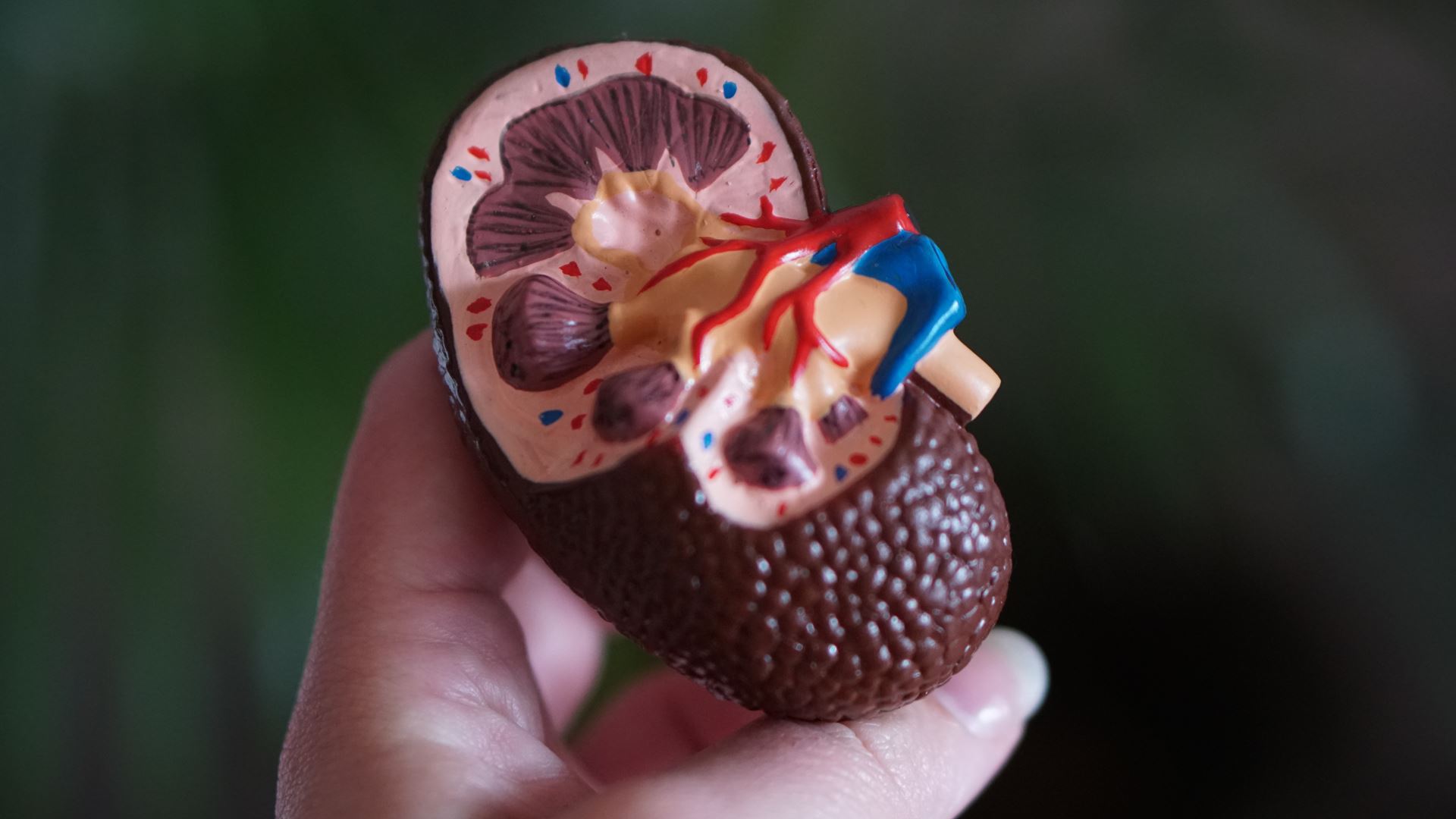Chronic Kidney Disease

Chronic Kidney Disease
Chronic Kidney Disease is a medical term to describe and classify the decline in kidney function which occurs normally in people as they get older. Chronic (from the greek, khronos, "regarding time") is not to do with severity, rather it is because it usually develops over a long period of time.
As you may know, your kidneys have a lot of spare capacity - it is possible to give a kidney away to someone who needs one without significant effects on your health.
The filtering power of your kidneys is usually expressed in terms of the eGFR (estimated glomerular filtration rate). A young person will normally have a eGFR over 90 (the units are usually mL/min/1.73m2), by the time you reach 65 years old, it is often under 60. People might need dialysis of their kidneys once the eGFR is under 10.
Because CKD stage 3 is defined as having an eGFR under 60, this means that most people will be diagnosed with Chronic Kidney Disease by the time they are in their 60's or 70's.
This does not mean there is anything "wrong" with them. What it does mean, is that we usually like to monitor kidney function with a blood test annually (sometimes more frequently), and ensure that other risk factors (such as high blood pressure) are well controlled.
If you see "CKD" on your medical notes, please don't be alarmed. Since there are no symptoms, you may not have realised it. As it is very common and arguably normal, your doctor may not have mentioned it. If you are worried, please discuss it with your doctor.
Chronic Kidney Disease
Chronic Kidney Disease is a medical term to describe and classify the decline in kidney function which occurs normally in people as they get older. Chronic (from the greek, khronos, "regarding time") is not to do with severity, rather it is because it usually develops over a long period of time.
As you may know, your kidneys have a lot of spare capacity - it is possible to give a kidney away to someone who needs one without significant effects on your health.
If you see "CKD" on your medical notes, please don't be alarmed. Since there are no symptoms, you may not have realised it. As it is very common and arguably normal, your doctor may not have mentioned it. If you are worried, please discuss it with your doctor.
The filtering power of your kidneys is usually expressed in terms of the eGFR (estimated glomerular filtration rate). A young person will normally have a eGFR over 90 (the units are usually mL/min/1.73m2), by the time you reach 65 years old, it is often under 60. People might need dialysis of their kidneys once the eGFR is under 10.
Because CKD stage 3 is defined as having an eGFR under 60, this means that most people will be diagnosed with Chronic Kidney Disease by the time they are in their 60's or 70's.
This does not mean there is anything "wrong" with them. What it does mean, is that we usually like to monitor kidney function with a blood test annually (sometimes more frequently), and ensure that other risk factors (such as high blood pressure) are well controlled.